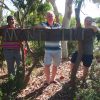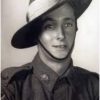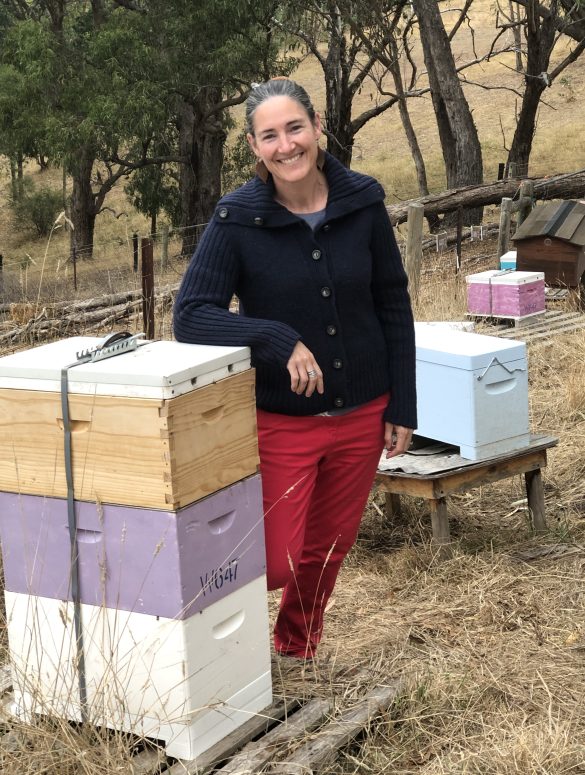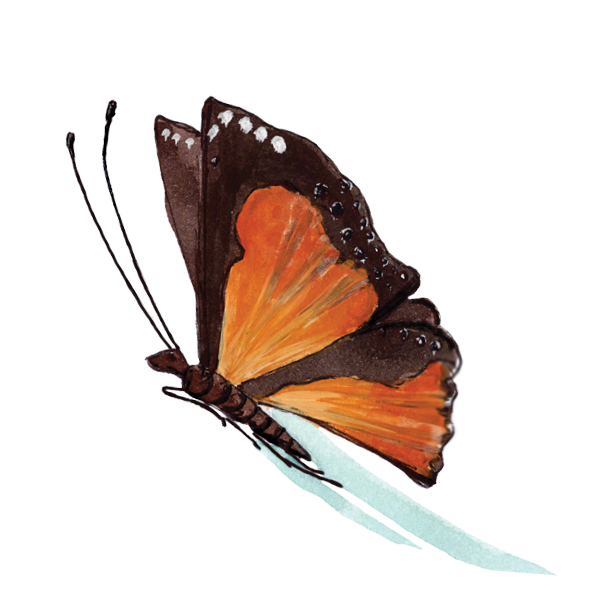Bronwyn Woods is passionate about honey bees – and is an environmental educator on the subject.
In 2017 she, with her husband Glenn, purchased Bob’s Beekeeping Supplies. They kept the name and relocated the business to their rural 10 hectare hill top farm at Watsons Creek. The business gives her an opportunity to utilise her university training and related skills whilst she and Glenn raise their two boys in this setting. They operate the only bee keeping supply store in Nillumbik Shire.
Since childhood Bronwyn has had a keen interest in animals, plants and nature. At the University of Melbourne she studied zoology, and then went on to graduate with a Master’s Degree in Sustainability. Well versed in permaculture, she is enthusiastic about living sustainably and in harmony with the local environment.
Honey bees are native to Europe and western Asia’s grassland steppe. They are social insects that live in colonies. In Australia, honey bees live in hives and are managed primarily for pollinating fruit trees and a wide variety of vegetable crops. Honey production is a valuable by-product of raising domesticated bees.
The cost of setting up a bee hive is about $300 to $500. A healthy hive contains up to 50,000 bees, and they forage over a 3 km to 4 km radius. During an exceptional year, (hot and sunny), a hive can yield up to 40 plus kg of honey. However, hives sometimes produce more or less honey for a variety of reasons: weather, abundance or lack of flowers, and size and health of the hive.
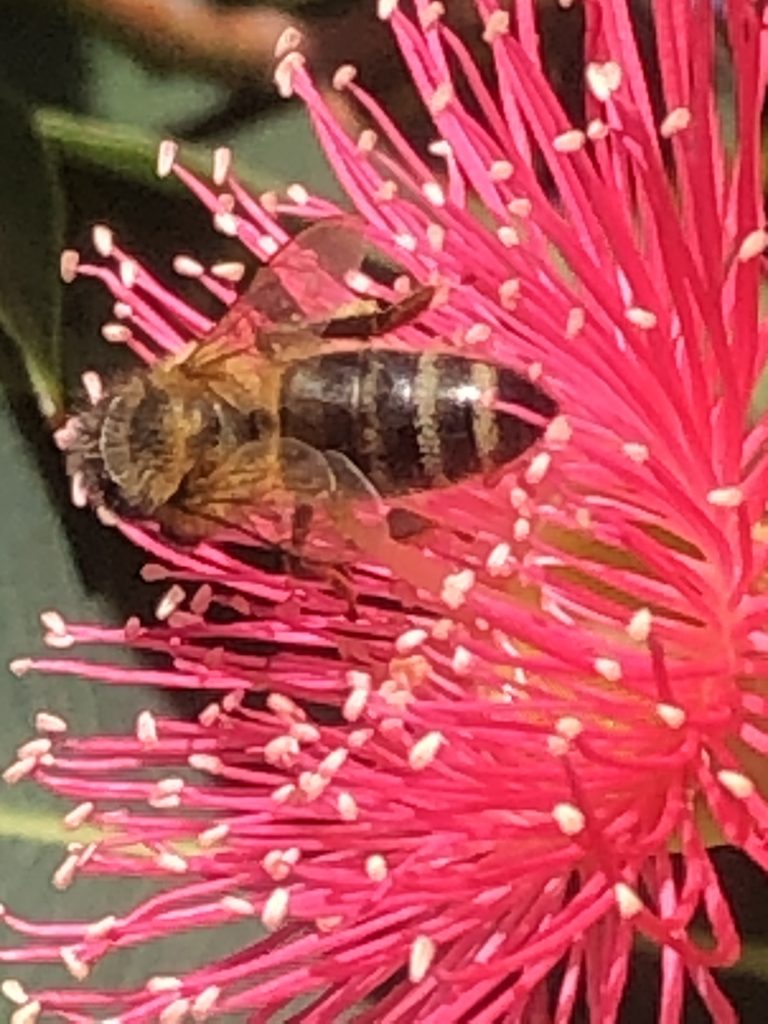
Honey production was very poor during this past summer of 2022 – 2023 due to cold, wet weather. Bee keepers need to leave sufficient honey in the hive for over-wintering food.
In urban settings such as in Eltham, Diamond Creek and Montmorency, residential gardens provide a wide diversity of flowers from spring to early autumn. A downside is where pesticides can make bees sick.
In bushland regions of the shire, a number of species of eucalypt provide abundant flowers for bees to feed on. Yellow Box honey is characteristic of Nillumbik bushland.
There are several apiarists who have commercial bee operations in Nillumbik bushland, and who sell their honey locally. Try the different types of honey produced locally, and gain an appreciation for different flavours. How? See https://localfoodconnect.org.au/
Victoria has very healthy bee populations as it is one of the few places in the world free of mites that carry the varroa virus that kills bees.
Bronwyn is keen on bee education: giving talks to schools, community organisations and at events; and running programs using demonstration hives on her property.
Bronwyn says:
“When you are learning about bees and wanting to become a beekeeper, being able to physically open a bee hive is a wonderful way of finding out if the hobby is for you. We make sure all our students have time at the hive, and work through their worries and questions at a pace that suits them. If I am able to help the beekeeper understand how to care for the bees, educating them on their biology, husbandry, and the pests and diseases that can impact them, then everyone wins – the bees and the beekeeper!”
A local Wattle Glen beekeeper is working through the requirements of keeping her bees healthy, and is excited to be continually seeing the bees thrive due to her diligent beekeeping: “they are a wonderful addition to my garden, and keep my body healthy through the process”.
Beekeeping is a wonderful way to learn more about the wide range of beneficial insects in Nillumbik Shire. Once you become a beekeeper you suddenly become aware of the wide diversity of insects and plants in our environment. There are several bee clubs in the greater Melbourne area.To learn more about honey bees, or become a beekeeper, please get in touch with Bronwyn: www.bobsbeekeeping.com.au; 03 9719 7590, or 0422 158 142

